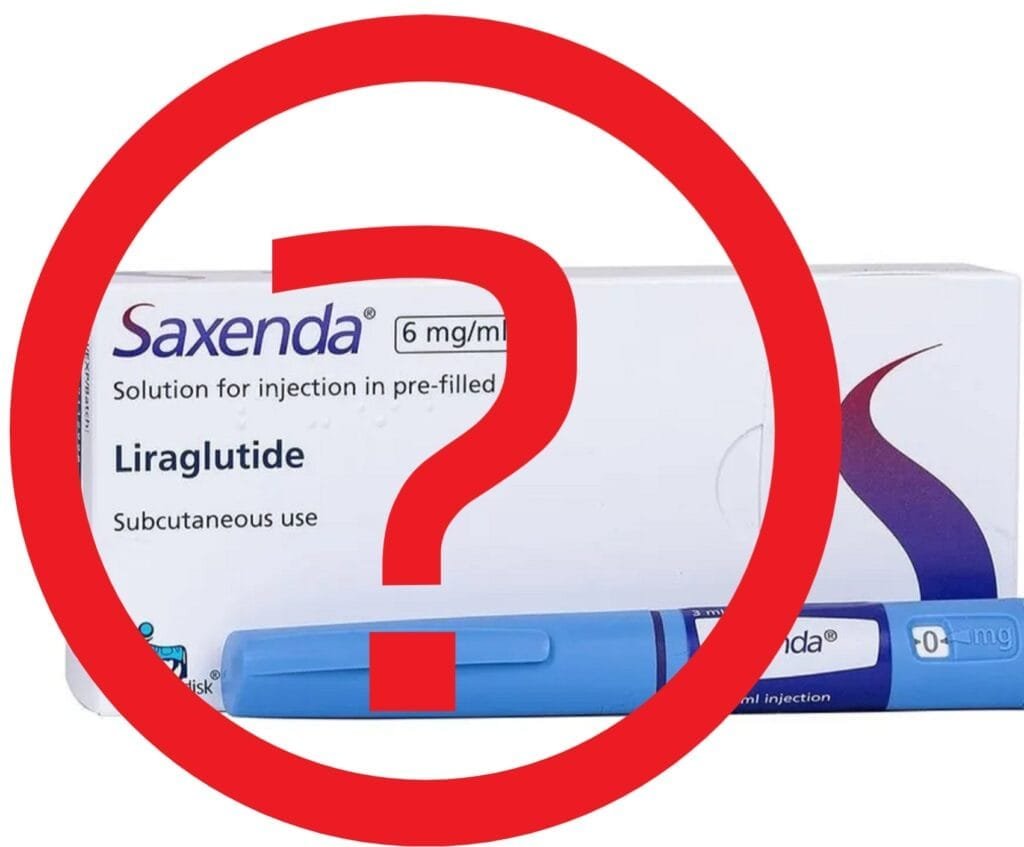Table of Contents
- What Is Ozempic and Why Was It Created?
- How Ozempic Became a Weight Loss Trend
- Documented Side Effects and Risks You Can’t Ignore
- The $2 Billion Lawsuits Against Ozempic Makers
- Why Ozempic Is Not Available in India
- Safe Weight Loss Alternatives to Consider
- Should You Ever Take Ozempic for Weight Loss?
- Conclusion: Think Beyond Social Media Trends
1. What Is Ozempic and Why Was It Created?
Ozempic (semaglutide) was originally approved by the U.S. FDA as a treatment for type 2 diabetes, not weight loss. Its purpose is to regulate blood sugar levels and lower cardiovascular risks in diabetic patients. It is part of a class of drugs called GLP-1 receptor agonists, which stimulate insulin production and delay stomach emptying.
✅ Key Fact: According to the American Diabetes Association, over 529 million people worldwide are living with diabetes, making medications like Ozempic critical for certain patients.
However, when celebrities and influencers showcased dramatic transformations on Instagram, Ozempic was quickly repurposed in the public eye as a “miracle weight-loss injection” instead of a diabetes medication.
2. How Ozempic Became a Weight Loss Trend
In Western countries, the demand for Ozempic skyrocketed, with patients (and even healthy people) looking for rapid results:
- One injection per week reportedly led to 15–20 kg weight loss in a few months.
- High-profile figures openly praised its “slimming power.”
- Social media amplified its popularity, often without medical context.
But what went unsaid in all the before-and-after photos was the hidden cost of unmonitored use. Many users were not diabetic, not obese, and not under medical supervision.
👉 Expert Insight: As Dr. Robert Lustig, endocrinologist at UCSF, warns — “Medications like Ozempic should never be used without proper medical oversight. Weight loss at the expense of long-term health is never a bargain.”
3. Documented Side Effects and Risks You Can’t Ignore
While Ozempic can indeed reduce appetite and aid weight loss, using it casually comes with serious risks. Clinical records and lawsuits highlight:
- Permanent vision loss (NAION) – cases of optic nerve damage leading to blindness.
- Intestinal blockage (ileus) – reported by FDA in 2023.
- Stomach paralysis (gastroparesis) – food remains undigested for extended periods.
- Chronic nausea and vomiting – compromising nutrition and electrolyte balance.
📊 Statistic: A 2024 JAMA study noted that 12.7% of semaglutide users experienced severe gastrointestinal complications, many requiring hospitalization.
For a healthy individual without diabetes, these risks far outweigh the benefits.
4. The $2 Billion Lawsuits Against Ozempic Makers
As of 2025, over 2,000 lawsuits have been filed in U.S. courts against Novo Nordisk (maker of Ozempic) and Eli Lilly (maker of similar drugs).
Most plaintiffs argue that:
- Drug makers failed to adequately warn about severe side effects.
- Patients were led to believe the drug was safe for casual weight loss.
- Many were influenced by trending social media “hacks.”
This wave of litigation underscores the gap between medical science and public perception shaped by Instagram and TikTok.
5. Why Ozempic Is Not Available in India
Despite its global hype, Ozempic is not expected to be launched in India anytime soon.
- Regulatory challenges: India’s focus is ensuring medicines are prescribed for the correct condition (in this case, diabetes).
- Safety concerns: Health authorities are cautious about off-label misuse and potential public health backlash.
- Supply issues: Even in the U.S., shortages have been reported due to non-diabetic demand.
Thus, in India, patients cannot “walk into a pharmacy” and get Ozempic casually — which may actually be a protective measure against misuse.
6. Safe Weight Loss Alternatives to Consider
Sustainable, safe weight loss does not need shortcuts that put your health at risk. Instead, focus on:
- Personalized Nutrition Plans – Balanced calorie deficit tailored to your metabolic needs.
- Regular Strength and Cardio Training – The CDC recommends at least 150 minutes of exercise per week for optimal health.
- Medical Supervision – For patients with obesity or PCOS, structured medical therapies are available under doctor guidance.
- Lifestyle Coaching – Sleep, stress management, and mindful eating play a bigger role than most realize.
💡 Tip: At NutriCare, we develop customized diet and lifestyle programs backed by science—not social media trends. Fill the form at drsumaiya.com/form to connect with Dr. Sumaiya for safe, guided weight management support.
7. Should You Ever Take Ozempic for Weight Loss?
For diabetic patients or those with severe obesity (BMI > 30), Ozempic can be life-changing when prescribed and monitored by a qualified doctor.
But for a healthy person seeking fast weight loss? The risks — blindness, stomach paralysis, and long-term digestive damage — cannot be justified. Weight loss shortcuts may give quick results, but they often bring unspoken medical debt with them.
👉 Always consult a certified doctor before taking any injectable or prescription medication for weight loss.
8. Conclusion: Think Beyond Social Media Trends
Ozempic may look like a “miracle fix” on Instagram, but the reality is a complicated mix of lawsuits, side effects, and regulatory restrictions.
- Designed for diabetics, not casual weight loss.
- Side effects can be irreversible and life-altering.
- Legal battles serve as a warning against uninformed use.
- India’s stance may actually be protecting its population.
✨ Bottom line: Your health journey should never be dictated by trends. Choose science, safety, and supervision instead.
🔗 Ready for a safe, personalized weight management plan? Fill out the consultation form at drsumaiya.com/form to get expert help from Dr. Sumaiya and her NutriCare team.



